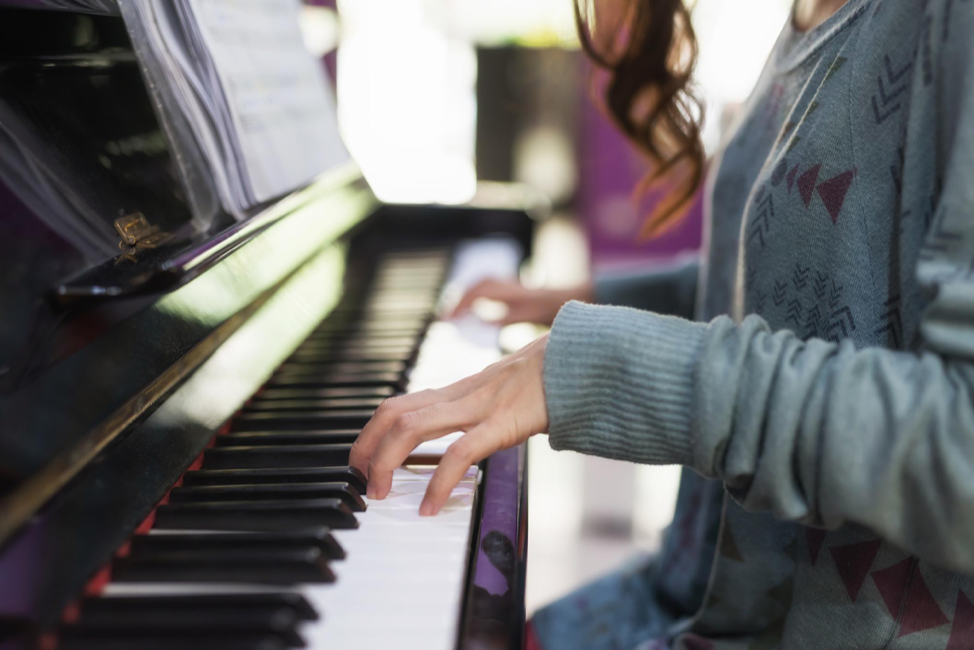Brain injuries are no laughing matter. Whether mild or severe, they're extremely traumatic occurrences that can have severe consequences for the person affected by them. While treatment for injuries like these vary from simple bed rest to surgery and physical therapy, one avenue currently being explored by many professionals is music. Whether listening or practicing, the subject of how music affects recovery from a brain injury has been all the buzz. So, what's the verdict?
The Biology of Brain Injuries
There are different levels of cognitive damage depending on the type of injury, but all share some similarities. One of the commonalities among brain injuries is memory loss and broader memory issues. Forgetfulness, full or partial amnesia, distorted thinking and cognition, and more can all result from brain injuries given that the front and back areas of the brain (prefrontal cortex and cerebellum) are some of the most likely to be hit during an injury. Coordination and speech issues are also extremely common. This is especially true for contact sports like football where competitors tend to ram headfirst into each other.
Growing the Brain
There has been much research conducted on the subject of music and brain growth. Overall, a link between music and mental development in children has been found consistently in most of them, indicating that music can be an effective way of improving cognitive function. Not only that, but certain studies have been done on the effects of music therapy for those with brain injuries, finding that music that stimulates injured areas of the brain can aid in healing.
Keeping Busy and Optimistic
One of the many keys to any kind of recovery is a positive mindset. As tested in many research projects and likely felt by yourself, music can be a great way to facilitate this and elevate your mood. For someone recovering from a brain injury, music can provide motivation as well as stimulation of parts of the brain related to memory and emotion. The act of practicing music can also activate areas of the brain responsible for fine motor skills and coordination, effectively retraining the musician in how to move their body if they have had problems relating to this following their injury.
Brain injuries are not a fun experience for anyone, but practicing music might be able to lessen this pain just a bit. In many ways, music can be an effective means of bolstering treatment for these traumatic injuries. So if you’ve had a brain injury, practicing music to aid in your recovery could be worth a shot.


Thank you!
Please share Piano Wizard with your friends and help spread the joy.